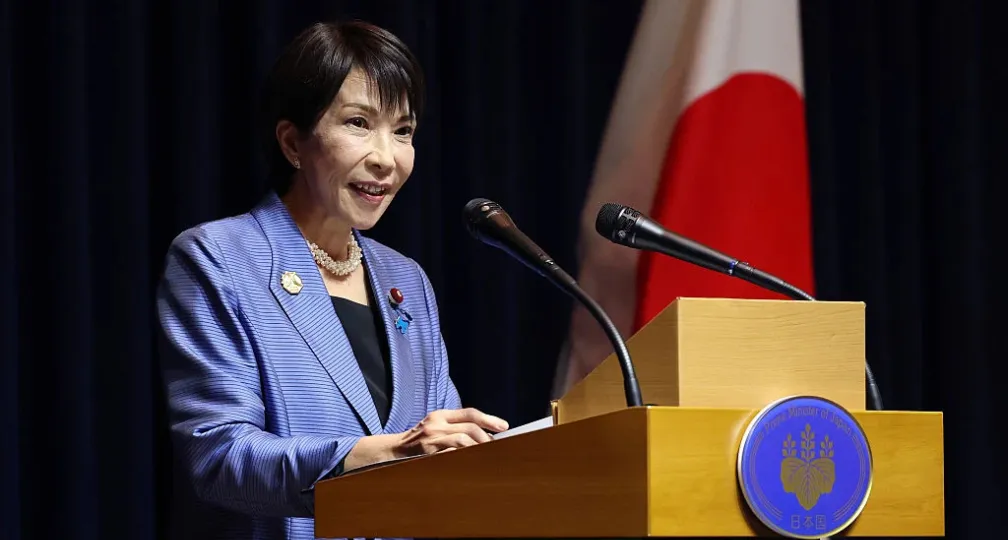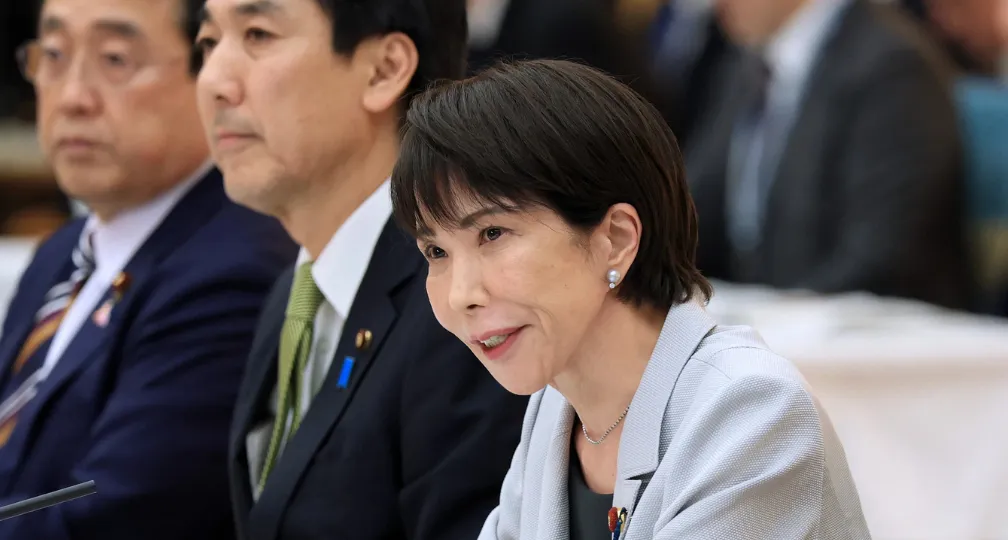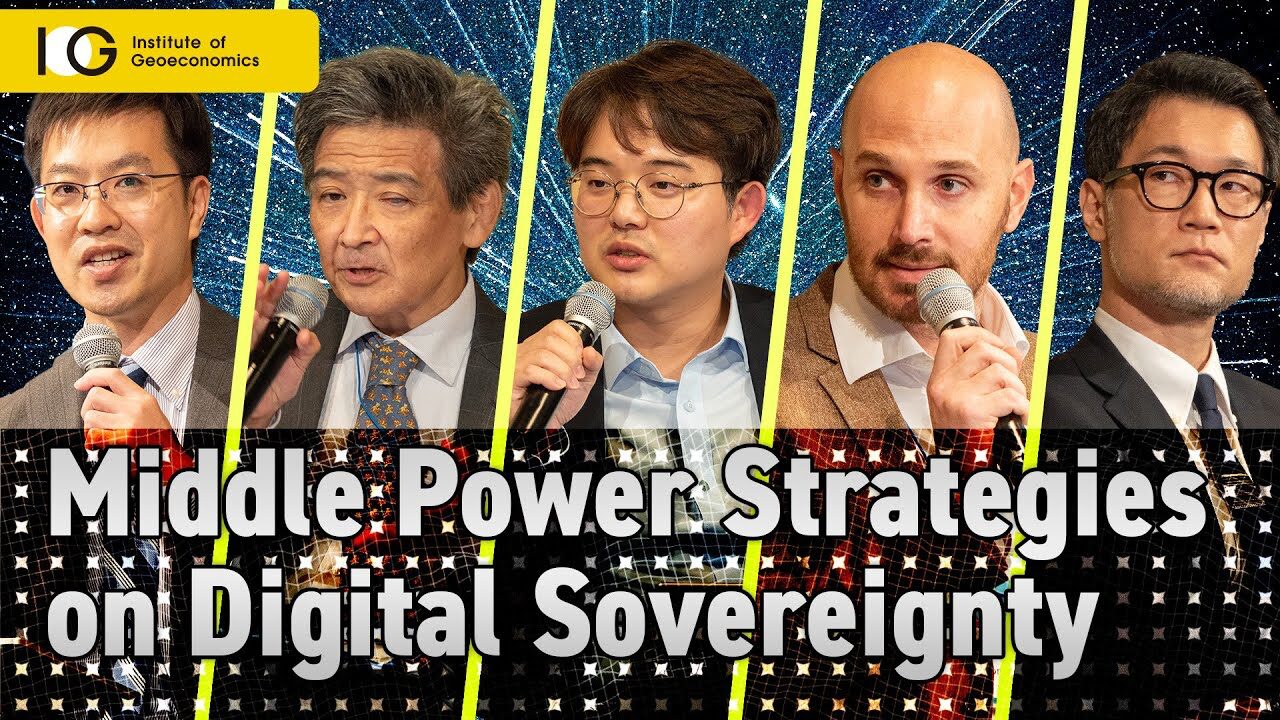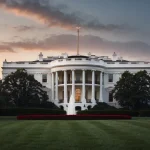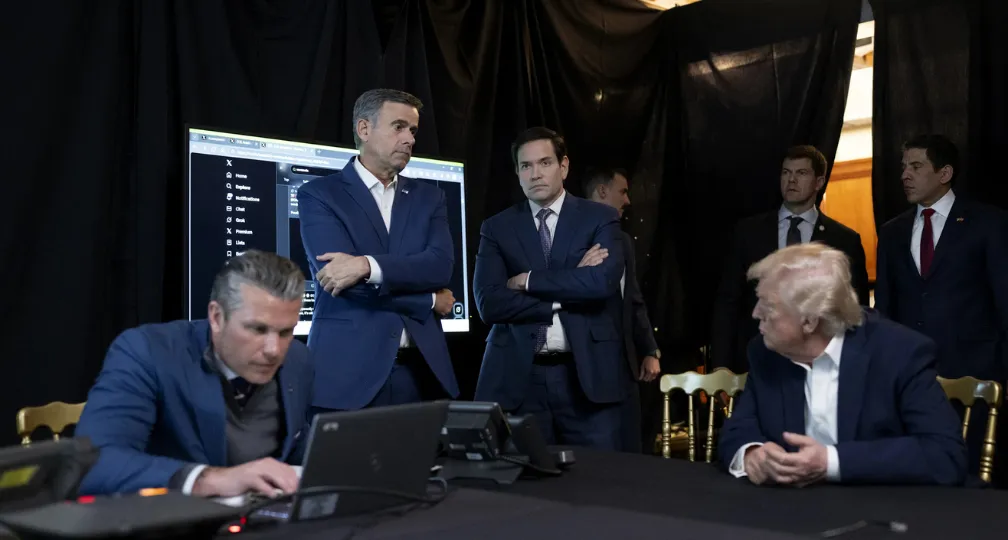IOG Economic Intelligence Report (Vol. 2 No. 12)
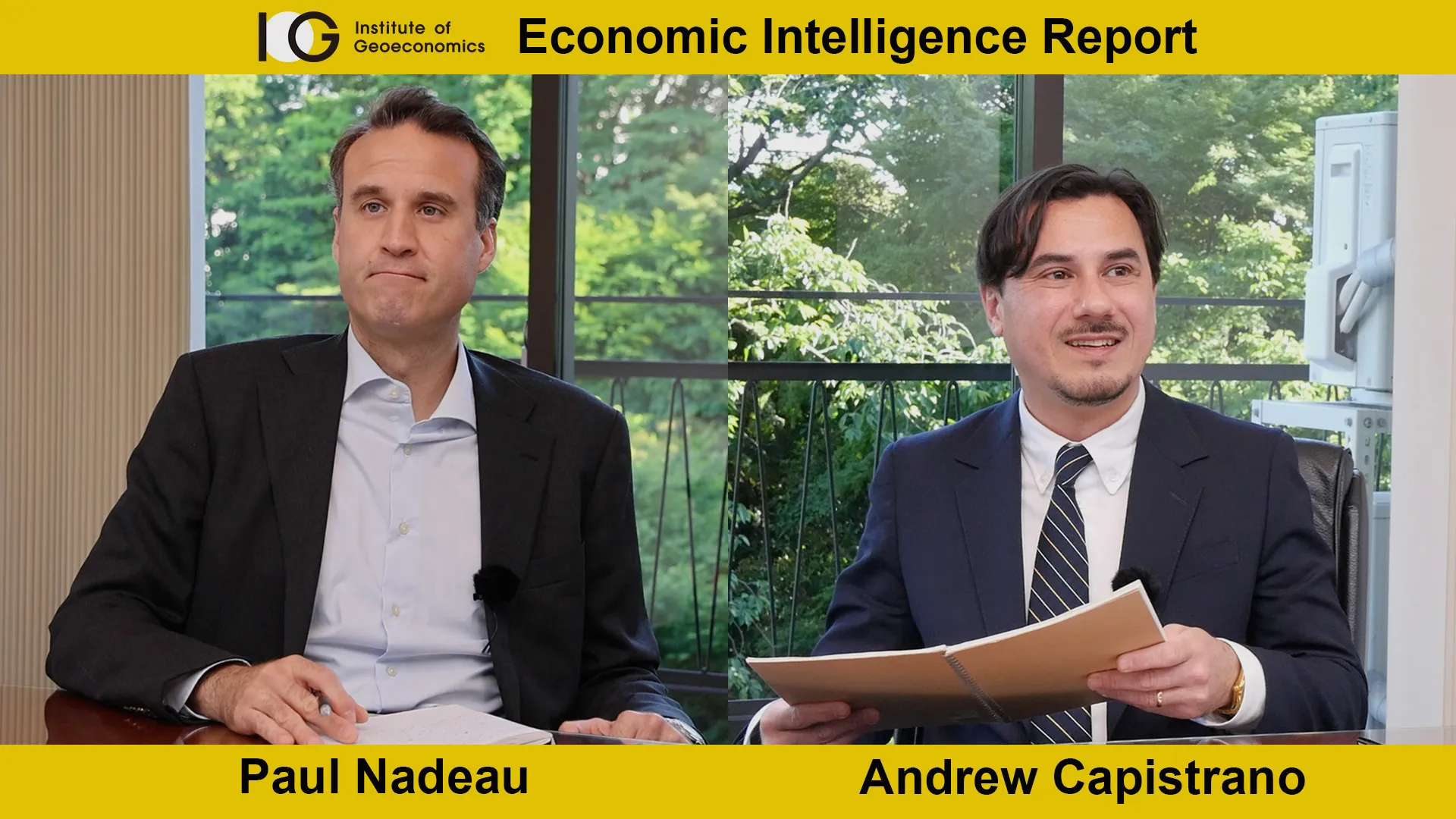
The latest regulatory developments on economic security & geoeconomics
Blinken and Xi Meet in Beijing: U.S. Secretary of State Anthony Blinken met with Chinese leader Xi Jinping in Beijing on June 18. While there were no breakthroughs in the meeting, Secretary Blinken emphasized that the United States is seeking to “de-risk” rather than “de-couple”, borrowing the expression used by European Commission President Ursula von der Leyen. At the same time, he emphasized that de-risking also means cutting off China’s access to advanced technology with potential military or surveillance applications.
De-Coupling in Progress:The United Nations Conference on Trade and Development (UNCTAD) reports that the Chinese and U.S. economies are indeed pulling apart. UNCTAD’s Global Trade Update for June 2023 reports that the “interdependence” indicator between China and the United States has dropped 5 percent from early 2022 to mid 2023. They also find evidence of “friendshoring” with bilateral trade flows reorienting to prioritize countries that share similar political values. Overall, the report expects global trade growth to slow in Q2 of 2023, as “negative factors dominate the positive.”
Modi Meets DC: Indian Prime Minister Narendra Modi visited the United States from June 21 to June 24, including an address to a joint session of Congress and a state dinner at the White House. In a joint statement released by the White House on June 22, both sides committed to promoting policies to facilitate co-production, co-development, and technology sharing between Indian and U.S. industries, along with regular efforts to address export controls and lowering barriers to trade and investment. They also announced the conclusion of trade disputes at the World Trade Organization while India would remove retaliatory tariffs on U.S. goods in response to the section 232 tariffs on steel and aluminum. India also joined the Minerals Security Partnership (MSP), a U.S.-led initiative to create secure critical mineral supply chains. The two sides also announced the goal of reconvening the India-U.S. Trade Policy Forum by the end of 2023. U.S. memory chip maker Micron also announced that it would invest up to $825 million in a new chip-making facility in Modi’s home province of Gujarat.
Back on the List: The Japanese government added South Korea to its list of preferred export destinations, or “white list”, lifting the final of a series of restrictions that had been in place since July 2019. The change will go into effect on July 21 and will ease the process for Japanese companies to export products to South Korea.
Increasing Reports: Politico reports that the Biden administration is increasing its reporting of labor violations in Mexico with a rapid-response mechanism (RRM) under the United States-Mexico-Canada Agreement (USMCA). The number of complaints against facilities in Mexico has increased from five complaints filed from 2021-22 to an additional six in 2023 alone. U.S. Trade Representative Katherine Tai commented on these new filings, saying that “This is not just about Mexican workers, it helps American workers, too, because raising labor standards reduces the incentive to ship jobs overseas by removing the artificial advantages created through exploitation and abuse.” Under the RRM, the Mexican government now has 10 days to decide whether to review a complaint and another 45 days to conduct an investigation.
Critical Minerals Deal under Fire: A coalition of advocacy groups including Public Citizen, United Auto Workers, the Sierra Club, and others, have criticized the Biden administration’s guidance on electric vehicle tax credits , specifically the critical minerals agreement signed between Japan and the United States earlier this year. They write that the agreement was negotiated without transparency or public input, warning that any labor or environmental protections included are neither binding nor enforceable.
Analysis: Does the United States Have a Systemic Strategy?
One of the criticisms of Washington, D.C. policymaking is that it focuses too much on small details and loses sight of the bigger picture. A charitable interpretation is that things are happening so quickly across so many fronts and forums with so much energy spent just “putting out fires” that losing track of how these pieces work together becomes inevitable. The less-charitable interpretation is that there is a bloat of too many staffers across too many offices, constantly in need of things to do to justify their position and leaving oversight mechanisms scrambling to keep up, so that eventually so much work is created that there’s neither the time nor incentive to think about the bigger picture.
Wherever the explanation, it’s not a new concern. The U.S. State Department originally founded the Office of Policy Planning to provide the Department with the proverbial “5000-foot view” and help ensure that its world-spanning bureaucracy was coordinated towards a coherent strategy. When Jim Schlesigner was Secretary of Defense, he would famously demand an hour or two in solitude on his schedule each day for the purpose of reflection and sorting through the policy noise. Which is to say, worrying about the existence of any systemic strategy in U.S. foreign policy isn’t new. It’s a common critique from outside experts disappointed that their pet initiatives aren’t represented and it’s hard critique to refute anyway.
The problem for the Biden administration is that they are very deliberately trying to affect change at the systemic level, which in turn demands their strategy be critiqued at a systemic level. The various speeches given by Jake Sullivan and Katherine Tai clearly indicate that they see themselves as the custodians of an inflection point in global economic history, one where the poles of globalization and economic liberalization are giving way to a new center of gravity around industrial policy, economic security, and protections for labor and the environment. Their dismissiveness of “traditional” free trade agreements, skepticism of liberalization, and overall critiques of globalization all suggest that they don’t see any answers in the way things were done. Cynics may point out that there’s no necessary contradiction between the old system and the goals the Biden administration hopes to achieve, but the administration has used the language of forming a new consensus just like the one the United States helped create after World War II.
But the cynics have a point – the existing tools could provide a lot of the ambitions that the Biden administration is seeking and talk of an inflection point feels more artificial than organic since most economies (not least of all those the Biden administration is hoping to enlist in its efforts) are more or less just fine with the existing system. The difference between the talk of systemic change and the solutions suggested is exactly the sort of incongruence that could be solved through a better understanding of the bigger picture. Sullivan’s Brookings speech was strongest and most consistent when he described specific, concrete actions the Biden administration is undertaking, like export controls on advanced semiconductors and related technology. Placing discrete, issue-specific actions like these in the context of systemic challenges is exactly the sort of thing that can be accomplished by stepping back to understand the whole. Instead, what looks like an attempt to think systemically comes closer to post-hoc rationalization of a bunch of small, issue-specific actions that, on aggregate, have brought the United States to its current situation.
The problem is that there are legitimate and far-reaching systemic challenges that need to be faced, not only the rise of China or India but also the massive redistribution of global GDP that will reallocate economic power in unpredictable ways and the political power that is sure to be reallocated along with it. The peaceful reallocation of economic and political power (and in the midst of climate change) will be the defining challenge of the twenty-first century and the kind of issue that would benefit from a 5000-foot view. The Biden administration’s strategy entirely misses this bigger, systemic picture, but then again that’s not what it’s there to do. It’s just not clear what their answer to the systemic picture is.
Disclaimer: The views expressed in this IOG Economic Intelligence Report do not necessarily reflect those of the API, the Institute of Geoeconomics (IOG) or any other organizations to which the author belongs.
API/IOG English Newsletter
Edited by Paul Nadeau, the newsletter will monthly keep up to date on geoeconomic agenda, IOG Intelligencce report, geoeconomics briefings, IOG geoeconomic insights, new publications, events, research activities, media coverage, and more.


Visiting Research Fellow
Paul Nadeau is an adjunct assistant professor at Temple University's Japan campus, co-founder & editor of Tokyo Review, and an adjunct fellow with the Scholl Chair in International Business at the Center for Strategic and International Studies (CSIS). He was previously a private secretary with the Japanese Diet and as a member of the foreign affairs and trade staff of Senator Olympia Snowe. He holds a B.A. from the George Washington University, an M.A. in law and diplomacy from the Fletcher School at Tufts University, and a PhD from the University of Tokyo's Graduate School of Public Policy. His research focuses on the intersection of domestic and international politics, with specific focuses on political partisanship and international trade policy. His commentary has appeared on BBC News, New York Times, Nikkei Asian Review, Japan Times, and more.
View Profile-
 Analysis: When Is a Tariff Threat Not a Tariff Threat?2026.01.29
Analysis: When Is a Tariff Threat Not a Tariff Threat?2026.01.29 -
 Takaichi’s Strengths and the Need for ‘Strategic Signaling’2026.01.23
Takaichi’s Strengths and the Need for ‘Strategic Signaling’2026.01.23 -
 Takaichi’s Twin Challenges: Economic Growth and Security2026.01.13
Takaichi’s Twin Challenges: Economic Growth and Security2026.01.13 -
 It’s Now or Never: India’s Ambitious Reform Push2026.01.09
It’s Now or Never: India’s Ambitious Reform Push2026.01.09 -
 The Geoeconomics of Gen AI: Middle Power Strategies on Digital Sovereignty2026.01.09
The Geoeconomics of Gen AI: Middle Power Strategies on Digital Sovereignty2026.01.09
 Oil, Debt, and Dollars: The Geoeconomics of Venezuela2026.01.07
Oil, Debt, and Dollars: The Geoeconomics of Venezuela2026.01.07 It’s Now or Never: India’s Ambitious Reform Push2026.01.09
It’s Now or Never: India’s Ambitious Reform Push2026.01.09 The “Economic Security is National Security” Strategy2025.12.09
The “Economic Security is National Security” Strategy2025.12.09 Analysis: Ready for a (Tariff) Refund?2025.12.24
Analysis: Ready for a (Tariff) Refund?2025.12.24 Navigating Uncertainty in U.S. Space Policy: Decoding Elon Musk’s Influence2025.04.09
Navigating Uncertainty in U.S. Space Policy: Decoding Elon Musk’s Influence2025.04.09



